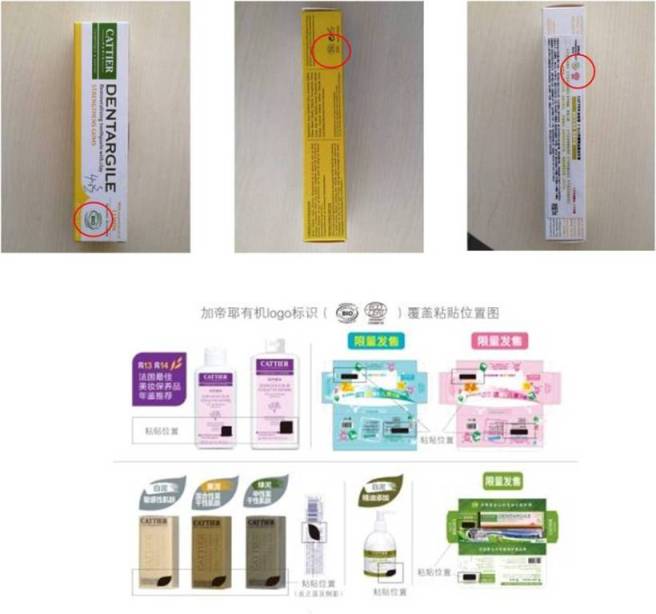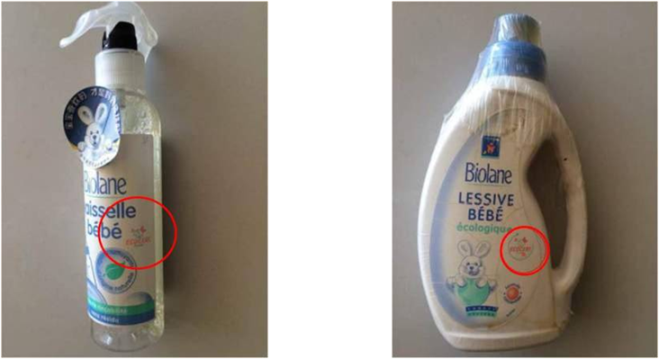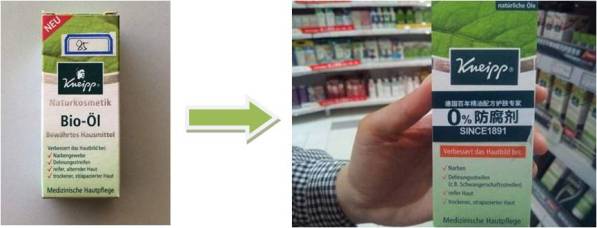How to Identify Organic Cosmetics
Guo Shangjian
The heavy use of fertilizers, pesticides and other chemicals in modern agriculture has brought ecological damages to the environment and food and also severely threatened people’s health. In this context, an organic concept has therefore caught world attention and organic cosmetics concept has been gradually understood domestically.
A. Basic concept of organic
Different from the “organic chemistry” concept of chemistry, it refers to modes of agricultural production requiring no synthetic pesticides and fertilizers or growth regulating agents, etc. as well as genetically engineered biological product during the production processes of plant and animal, which covers strict management requirements for processing, storage, transportation, packaging, labeling and sales process.
The “natural food” we often see on the market is not equivalent to the organic food and at best can be counted as “quasi-organic products”, which can be considered as organic products only after the legal confirmation for organic products. Additionally, according to the regulations no organic certification application can be made for genetically modified products.
B. Organic products certification
Simply put it geographically, there are two categories of certification bodies: foreign organic cosmetic certification bodies and domestic certification bodies.
The existing domestic organic certification is mainly directed at food without starting organic certification application for organic cosmetics. Up to July 2014, there are 24 domestic organic food certification bodies including China Quality Certification Center (food.cnca.cn), some being national institutions while others being nationally approved companies, mainly carrying out certification for organic food.
The organic cosmetics in domestic market are specifically refers to those certified by foreign certification bodies, such authoritative organic certification bodies including French Ecocert (International Eco Certification Center, ECO in short), USDA (United States Department of Agriculture), IFOAM (International Federation of Organic Agriculture Movement) and OCIA (Organic Crop Improvement Association), among which there are two logos on the European ECO certification: Organic Cosmetic Label and Natural Cosmetic Label. Organic toothpaste and soap series of the famous French brand of natural mineral mud care “CATTIER” now popular on the market and the children laundry detergent and tableware cleaning agents of the famous maternal and child care French brand “Biolane” are all products certified by such EU organic certification organizations. Additionally, there are also some old established European brands, though without application for certification, having their production and processing as well as growing and planting of raw materials performed according to organic standards, such as the German Kneipp brand.
C. Imported organic cosmetics on the market
Since no “re-certification” application of imported cosmetics has been launched in China, all imported organic cosmetics on the market are certified by foreign certification bodies, and as required by the laws of China, sensitive word like ECO and BIO on the external packing shall be covered without being exposed significantly of foreign organic cosmetics entering China without being re-certified, but if such products are sold through formal channels by regular companies, they have been certified by organic certification bodies abroad. Consumers should pay attention to those cosmetics on the market having obtained organic cosmetics certification of China.
D. How to identify organic food and organic cosmetics
1. In terms of food, check if on the product there is packaging domestic organic product certification mark and check the organic code and certification body;
2. The product packaging is usually made of bamboo plants, paper, or other natural or biodegradable materials;
3. Obtain from the sales unit the authentication certificate and sales confirmation, etc. and check the information on product websites;
4. In terms of organic cosmetics, check if the barcode is from abroad, before checking if the product is sold by regular factory and channels, and the sales personnel introduce and check if the outer packaging is partially pasted, etc.
If any counterfeit organic product is encountered, consumers can report to the 12365 quality supervision or inspection and quarantine department or complain to CNCA (010-82262671) to safeguard the legitimate rights and interests.
The following are comparison photos of before and after pasting certification mark of foreign authorities of French Cattier organic toothpaste series product, Biolane brand and the German Kneipp renewable essential oil.
French Cattier organic toothpaste products

French Biolane brand

German Kneipp renewable healing essential oil

Before pasting After pasting




